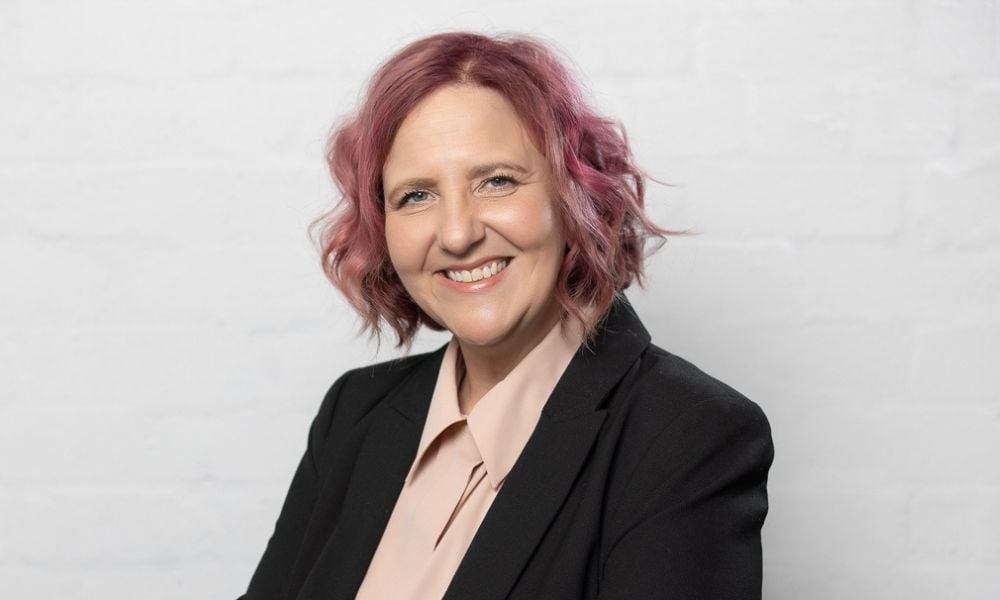Brokers need to make learning and development a priority, wherever they are at in their career, says Heather Gallagher

Finding the time to invest in your professional development can be challenging. It’s not just about collecting CPD points. Whether you’re looking for guidance on diversifying your offering, developing your social media marketing, or improving your compliance processes or technology, it’s imperative that you prioritise your learning.
We focus a lot on the development of new-to-industry brokers with mentoring programs, industry events, etc. While it’s necessary to spend time on new entrants, who have the most to learn, I often think about the brokers with two-plus years’ experience – what about them?
Here are the three key steps to driving successful self-development:
1. Assess yourself and your business
Look at the obvious things. What’s working in your business, and what isn’t? What is your capacity, and are you running at optimum efficiency? Work out what areas you need development in, then dig deeper!
Once you’ve identifi ed areas for development, ask yourself: are these the things you like doing? (Often the things we need development in are the things we like the least.) Assess the benefi t it would bring to the business if you were the one who had this skill. Would it increase revenue? Reduce risk? And if you were working on this area, would it mean you would have to do less of something else?
A successful broker cannot realistically do everything in their business. So, work smarter, not harder. Delegate tasks you don’t have capacity for, aren’t interested in doing or that are low value to a staff member, consultant or expert. By outsourcing, you can put more focus on self-development and upskilling.
2. Make learning a priority
Make time for your own learning. Let’s use an analogy. Great brokers never stop prioritising prospecting just because they already have loans in their pipeline. Instead of flipping the switch between prospecting and loan writing, they focus on both, creating a kind of ‘loop of prioritisation’ – while each element may ebb and fl ow, neither is ever ‘switched off ’.
The same principle should be applied to your learning needs and integrated into your ‘priorities loop’. Make the time. Some of the following avenues of learning could work for you.
- Your aggregator: All aggregators have educational offerings. As an example, at outsource Financial I run a weekly ieducate program covering a diverse range of topics to assist brokers with their development, technical training, compliance best practices, marketing and more.
- Your lender partners: Nowadays, lenders truly understand the value of providing learning opportunities that deliver more than just product and policy support. Many offer online learning libraries to assist brokers with all aspects of business. A great tip when meeting a new BDM for the first time is to ask them what education and marketing support they provide for brokers.
- Google is your friend: There is a wealth of knowledge out there on just about any aspect of your business, so think outside the box. LinkedIn also has a huge library of content and courses on a multitude of aspects of being a business owner.
- Formal education courses: If you haven’t already, you could complete your diploma or take a course in marketing or management.
3. Everyone needs help from an expert
Surround yourself with people who make you better, who you can learn from. Like a mentor! Mentors aren’t just for new entrants; the most successful business people have mentors for all parts of their career journey. When selecting a mentor there are some things to consider.
- It’s important to find someone who is an expert in the area you want development in, but equally important to fi nd someone you connect with. Successful mentoring requires a connection and a level of trust –so, find the right person.
- A mentoring session is not a coffee catch-up. Have an agenda, have homework and be accountable.
- Consider a peer-to-peer mutual mentoring relationship with another broker. If you both have things you could learn from each other, why not set up a structure in which you mentor each other to fill the gaps in your knowledge and businesses?
Finally, carpe diem! Make time and seize the opportunities for development when they are in front of you.
Heather Gallagher is the head of education and training at outsource Financial.



